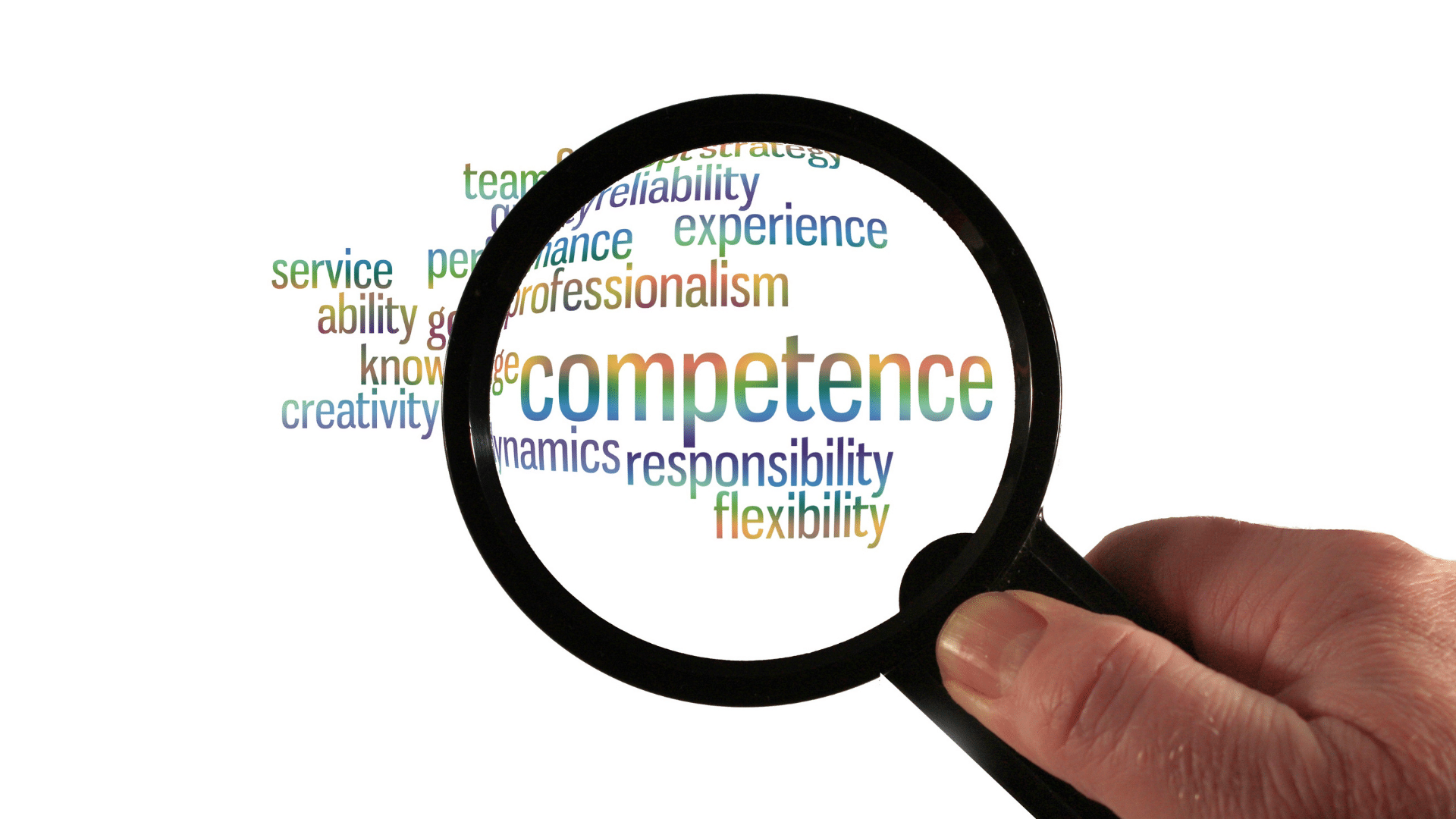Trust continues to be the holy grail of teamwork. Its role is foundational – especially so in today’s hybrid and remote-first world. While we all agree on the importance of trust, how we build it, particularly in a virtual environment, remains an ongoing challenge.
We’ve noticed that trust doesn’t emerge by default in remote setups. It has to be intentionally cultivated through behavior, consistency, and communication. And while remote work offers flexibility and access to talent across the globe, it also comes with its own set of unique challenges: lack of visibility, feelings of isolation, time zone differences, and occasional communication gaps.
As L&D professionals, managers, and corporate leaders, our challenge is to enable connectedness and trust among individuals who might never meet in person. So, how do you ensure that your virtual teams feel psychologically safe, committed, and genuinely connected?
We find the acronym C.U.S.T.O.D.I.A.N a handy framework to reflect on trust-building behaviors.
C – Competence In any high-performing team, trust begins with confidence in each other’s capabilities. When your teammates consistently deliver quality work, it builds credibility. In virtual teams, this often means being diligent with deadlines, showing ownership, and consistently delivering on promises.
In our leadership workshops, we’ve seen how even a minor lapse in expected performance can disrupt trust in a virtual setting. Leaders should make sure the right people are in the right roles and create mechanisms for frequent feedback and skill development.
Related Reading: What Are Competencies, and Why Do They Matter in the Workplace?
U – Understanding Working remotely means people juggle personal and professional roles more than ever. Empathy becomes a non-negotiable. We’ve seen leaders who proactively check in with their team members – not just about work, but about how they’re doing as individuals – make a much stronger impact.
An empathetic leader might ask, “How can I support you better this week?” or “What’s something outside work that’s been on your mind lately?”
Trust builds when people feel seen and supported.
Related Reading: Leaders Eat Last: Building Trust and Empathy for High-Performing Teams
S – Show Vulnerability We often associate leadership with strength, decisiveness, and certainty. But, in our experience, leaders who openly share their uncertainties, ask for help, and admit their mistakes are often the ones most trusted.
In one of our recent virtual leadership labs, a senior leader shared her struggle with managing work-life balance. This opened the floodgates for her team to engage in a more honest and empathetic conversation. Vulnerability humanizes leaders and fosters a culture of trust.
Related Reading: 4 Step Process to Work-Life Balance
T – Team Attitude In remote environments, it’s easy for individuals to work in silos. But team-first thinking changes everything.
Recognizing and celebrating acts of collaboration helps reinforce this behavior. In one of our client organizations, they run a weekly “Team First Thursday” where employees share stories of teammates going out of their way to support others.
We’ve noticed how peer appreciation fosters a culture of collective responsibility and mutual respect.
O – Openness Transparency is the bridge between uncertainty and trust. In our virtual engagements, we often encourage managers to over-communicate – whether it’s about project timelines, shifting goals, or setbacks.
A good leader doesn’t just celebrate wins but also explains why a change in direction is needed. This openness helps team members feel included and fosters clarity.
Openness also means creating space for others to speak. Simple habits like rotating meeting facilitation or asking the quietest person in the room to share their thoughts can go a long way.
D – Dependability If there’s one thing that kills trust fast, it’s inconsistency. And in virtual teams, inconsistencies are amplified. Whether it’s regularly missing check-ins, canceling 1:1s, or being vague about next steps – these small misses compound over time.
In our team coaching sessions, we often hear: “I just wish I could rely on my manager to follow through.”
Leaders must walk their talk. If you commit to something – even something as small as an email response – stick to it. Reliability builds psychological safety.
I – Interpersonal Relationships In a virtual world, relationships don’t happen at the water cooler. They have to be created intentionally.
We often recommend setting aside time during team meetings for check-ins or informal chats. A leader we worked with recently started doing 10-minute “coffee roulette” sessions – randomly paired virtual coffee chats – and saw a significant uptick in cross-functional collaboration.
Invest in relationships beyond task lists. People trust people they know.
Related Reading: Why Cross-Functional Collaboration Is Essential for Your Company
A – Acknowledge Efforts Recognition is a trust accelerator. In our experience, teams that celebrate small wins together foster more engagement and retention.
But the recognition must be meaningful. A well-thought-out note, a shout-out in front of peers, or even a short video message can be incredibly powerful.
Acknowledgment also means recognizing not just outcomes, but effort – especially in virtual teams where effort isn’t always visible.
N – Nurture Growth One area often overlooked in remote teams is development. It’s easy to get caught up in the delivery mindset and ignore the growth mindset.
In one organization we partnered with, they started quarterly virtual career check-ins. These conversations had nothing to do with current projects and everything to do with aspirations. This simple practice saw a spike in employee engagement within two quarters.
When leaders invest in the long-term growth of their team, it sends a clear message: “I care about you beyond what you deliver.”
L&D Takeaway In our L&D interventions, especially those focused on remote leadership and team dynamics, the C.U.S.T.O.D.I.A.N. model has served as a practical tool. It guides managers and team members alike on how to foster trust intentionally.
Trust isn’t a one-time milestone. It’s a continuous investment.
So, the next time you check in with your team, ask yourself: Am I being a true CUSTODIAN of trust?
Because in the end, trust isn’t just a nice-to-have in virtual teams. It’s the glue that holds everything together.
Related Reading: How leaders can build trust in virtual teams



















